Why Adderall Always Gets Talked About
Alright, so let’s just get it out there—there’s a reason almost everyone has a hot take on Adderall these days. Maybe you’re at a party and someone jokes about “study drugs.” Maybe your phone lights up with a headline or two: “Prescription abuse on campus!”… “Adderall shortage panic!” Sound familiar? It pops up all over our newsfeeds, not just because of the buzz, but because the medicine itself sits at the intersection of health, habits, law, and, honestly, a bit of confusion.
Hang tight, because we’re peeling back the label—and not just the pharmacy kind. Before we jump into the nitty-gritty, a little confession: The first time I picked up my own Adderall prescription, I was equal parts relieved (finally—hope for my focus!) and weirdly nervous that the pharmacist would raise an eyebrow, like I was picking up a secret government file. Ever felt that way? It turns out, there’s a pretty good reason for that vibe.
Schedule II? Wait, What?
So… Is Adderall a Controlled Substance?
No mystery here: The answer is YES. Adderall is absolutely a controlled substance, and not just in theory. It’s labeled as Schedule II. That’s basically the “Handle With Major Caution” tier, according to the DEA and the FDA—think up there with things like oxycodone and, weirdly enough, cocaine. (Don’t worry, the effects aren’t the same… but more on that in a second.)
If you’re a visual thinker, check out this chart:
| Schedule | Risk Level | Examples | Why It Matters |
|---|---|---|---|
| Schedule I | Highest—No Medical Use | Heroin, LSD | No prescriptions allowed |
| Schedule II | High—But Has Some Medical Uses | Adderall, Oxycodone, Ritalin | Strict rules, legal but risky |
| Schedule III–V | Moderate to Low | Tylenol with Codeine, some anxiety meds | Looser controls, but still not “casual” |
Schedule II means, basically, “This works for real conditions, but we’ve seen folks get very dependent, very fast.” The law says tight control is needed basically every step of the way—doctor’s visit, pharmacy handoff, even how you’re supposed to store the pills at home. (If you’re ever curious about how these schedules shake out, you can scroll through the official list from the DEA under their drug scheduling resources.)
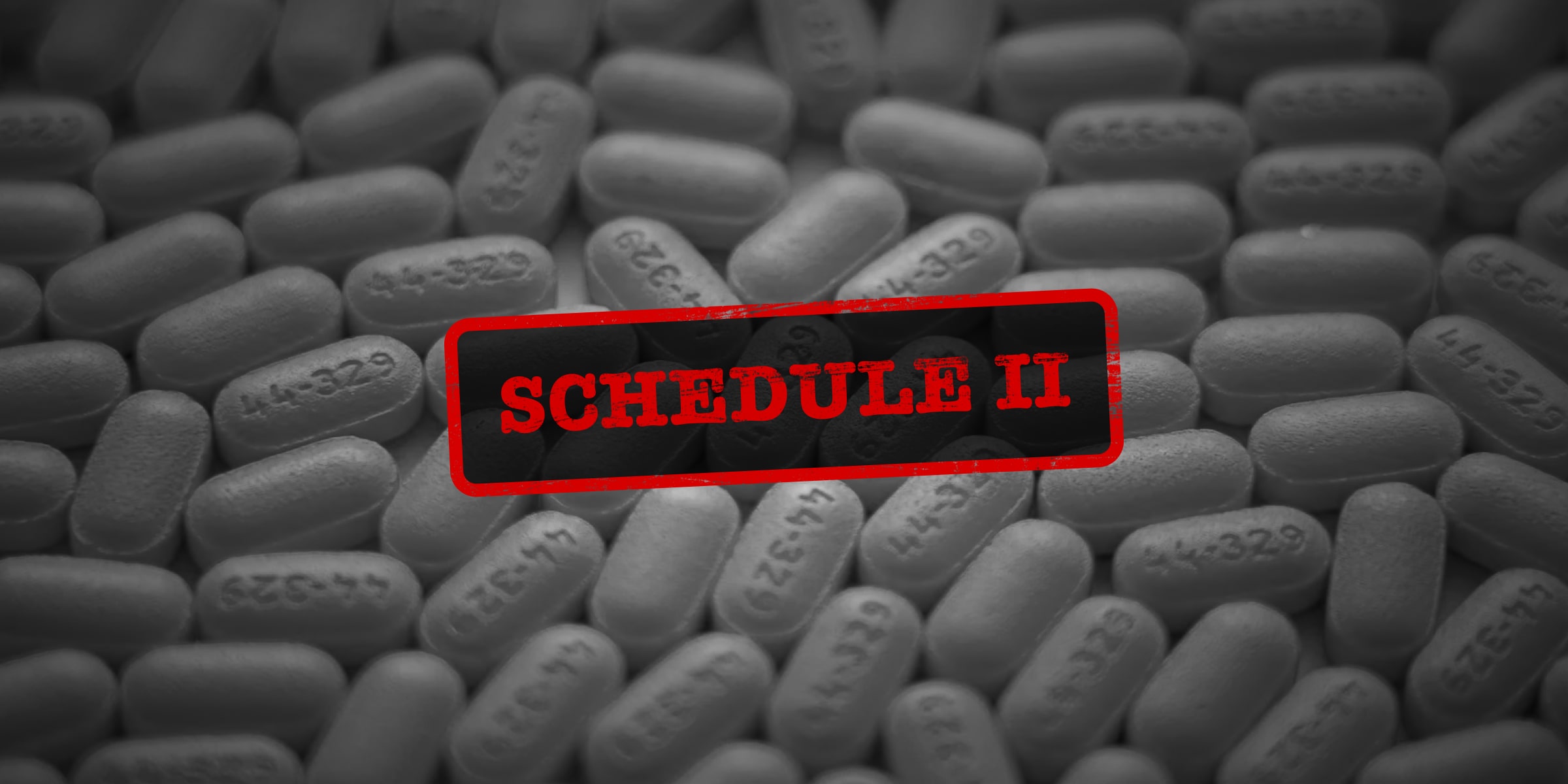
What Makes Adderall So Special?
Here’s where the science-y bits come in, but I promise—no headache required. Adderall is a blend of amphetamine salts, which basically means it tells your brain’s focus and energy signals to hit “GO!” That’s why it’s a lifeline for ADHD and narcolepsy. If you’ve ever had ADHD, you know that “just concentrate!” doesn’t cut it. So this is real medicine for real needs, not just “brain caffeine.”
But like most things in life… there’s the flip side. When your brain gets that extra “GO!” and you don’t medically need it (or you take way more than prescribed)? You get the stuff that headlines are made of—panic, crashes, risk of addiction. This isn’t the “just say no” vibe, by the way—this is what medical evidence and real people’s stories keep proving. (If you’re still curious, I stumbled across the FDA’s own warning label with the words “abuse” and “dependence” bolded enough to make anyone flinch.)
Do People Really Get Addicted?
Stimulant Rollercoaster: One Ride You Don’t Want
So, let’s keep it all the way real… yes, Adderall can be addictive. I’ve lost count of how many wellness clients or friends have confessed, “I was just borrowing a pill for finals, but then I started craving the focus boost—even when my brain wasn’t tired anymore.” I get it. Energy and focus sound good. But suddenly, sleep is impossible, your heart races at 2 a.m., and snapping at people becomes your new normal. It sneaks up.
According to research on prescription stimulants, the risks are clear: using a Schedule II drug like Adderall outside medical supervision can tilt you toward dependence—not just physically, but mentally too (see NCBI’s breakdown). When you stop, it’s not just a little “meh”—it’s real withdrawal. I’ve had friends describe a full week feeling wired, irritable, and down, all at once.
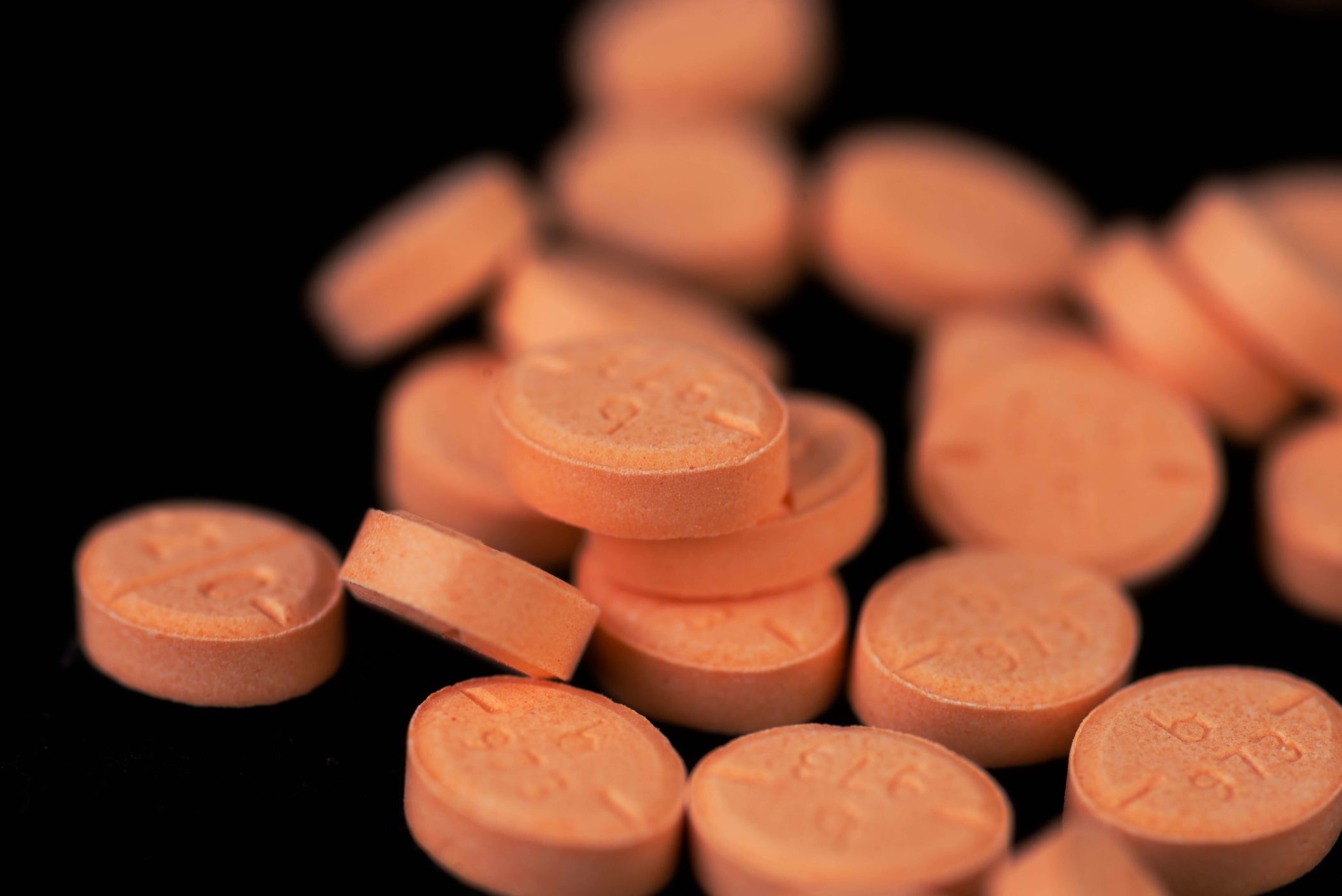
Little Story Time
I’ll never forget my roommate junior year—pill bottle by her laptop, swearing “just this once” before a major project. Before long, it wasn’t just for exams; it was for every paper, then every week. The anxiety and sleeplessness crept up, and that old bottle was replaced by a new prescription, and not in a good way. Watching her struggle made the risks of taking controlled substances up close and personal.
Wait, Is Adderall an Opioid?
Nope! Totally Different Lane
This one comes up a lot—maybe it’s the way pharmacy counters are lined up, or the way news stories jumble everything. But short answer: Adderall is not an opioid. Opioids are for pain relief (think morphine, oxycodone… stuff in the “downer” family), while Adderall is a stimulant. If you still want to geek out, check the full explainer at Is Adderall an opioid. Don’t feel silly for mixing it up—honestly, the way things are labeled, it’s confusing even for health nerds!
So what’s the risk? With Adderall, it’s about ramped-up energy, heart rate, and (if you’re not careful) obsessive focus—not the numb, sleepy effect of opioids.
What About State Laws?
Your Rx in Texas (And Beyond)
You’d think federal law would settle things, right? Not exactly. States often layer extra rules on top—just to keep all of us on our toes. Take Texas: They enforce tighter checks on who can prescribe, exactly how you carry, and what happens if you mess up. Ever heard of someone being pulled over, and getting grilled about their meds? It happens! It’s why you’ll read reminders everywhere to keep your Adderall in the original bottle with your name—even if you’re just heading to yoga class across town.
Try explaining “it’s my ADHD medication” to an officer if you’ve transferred it into a random container. Awkward doesn’t even cover it. If you want the full run-down for your state, especially if you’re planning a trip or move, Is Adderall a controlled substance in Texas lays it out clearly.
Quick Table: Common-Sense Carry Tips
| What To Do | Why |
|---|---|
| Carry with Rx label, always | Cops, school, airports… it’s your proof |
| Never share pills | It’s actually illegal, and could hurt someone else |
| Refill on time, not early | Early refills flag you as suspicious under controlled substance rules |
Even if the process is a hassle (ugh, monthly pharmacy trips), it’s that way to keep everyone in check—including you. The controls might feel overbearing, but after hearing stories from both sides (harmed by shortages or misuse), I’ve come to appreciate why they’re there.
Why All This Fuss?
Not Paranoia—Just (Unfortunate) Experience
Controlled substances sound like something out of a spy movie, but honestly? The need for those laws is proven every day. Whether you’re managing ADHD, narcolepsy, or just trying to keep tabs on your mental health, the rules protect you from bigger messes down the line. Abuse isn’t about “bad behavior”—it’s brain chemistry, stress, and, sometimes, accidental spirals.
Lots of states review their controlled substance lists every year, so if you ever want pointers on your zip code, Is Adderall a controlled substance in Texas is worth a bookmark for updates. And yes, the process feels… a lot. But being a “rule follower” has saved friends (and more than a few internet strangers) from way bigger headaches.
Pep Talk + Realness
Full honesty—sometimes having a Schedule II medication feels like you’re being “punished”… as if you’re a rulebreaker just for trying to function at work or home. But you’re not. The stigma is tough, but the more we talk about it out loud, the less power it has. And if you ever compare meds with painkillers and wonder if it’s all the same, remember: it’s not, but the risks are real—and different. (Don’t forget that handy guide at Is Adderall an opioid if you ever get this question from others.)

Let’s Wrap This Up—You’re in the Know
So here we are, circling back to where we started. Is Adderall a controlled substance? Oh, you bet it is—and for good reason. Schedule II drugs are like fire; brilliant, helpful, even life-changing, but you crank up the heat too far, and it will burn. If you’re using it right (with your doc, for your health), you’re doing self-care, full stop.
If you’re even a little bit unsure—like, “Wait, did I transfer these into the wrong bottle,” or “Am I supposed to have this many refills?”—ask. Check in with your pharmacy, peek at resources like Is Adderall a controlled substance in Texas, or talk to a community health pro. Seriously. I’ve seen one tiny question save someone a world of stress.
Let’s keep the conversation wide open. Share what you’ve learned, ask your friends what they know, and don’t be afraid to own the fact that you take care of your brain as much as your body. And hey—if all this talk about controlled substances and brain chemistry made you reflect… that’s a win already. So, what’s your next step? Take it. Your health, your rules (and maybe, just maybe, your properly labeled prescription bottle).

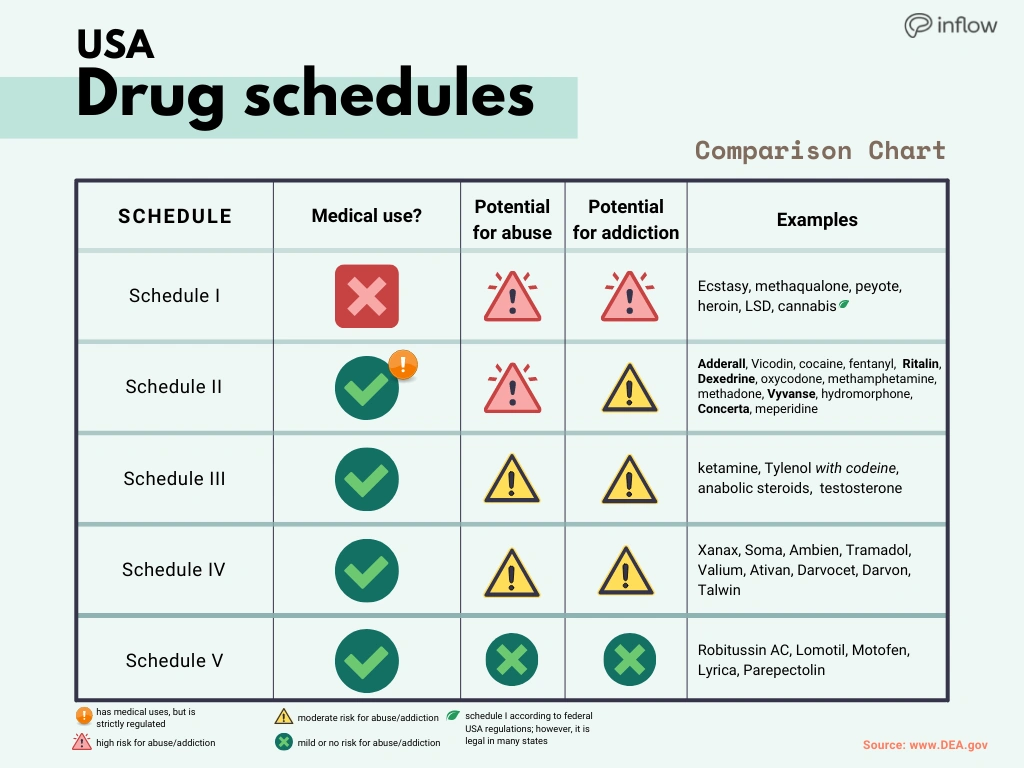
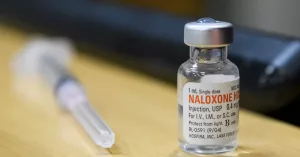






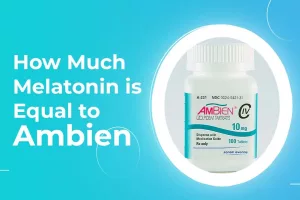
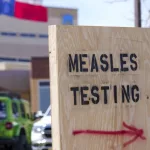


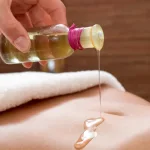









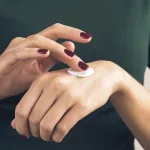

Leave a Reply
You must be logged in to post a comment.